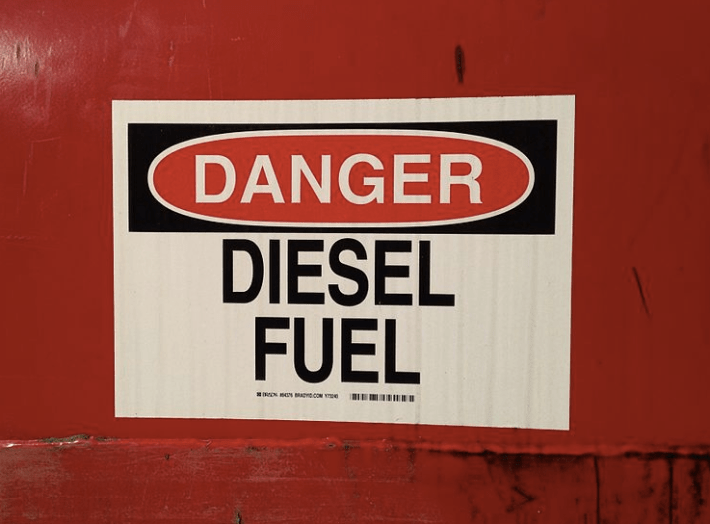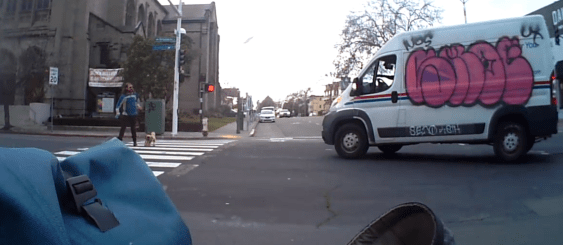
Because Elon Musk, a guy with lots of money and some wacky ideas, added his name to a letter begging the California Air Resources Board (ARB) to be lenient in its dealings with VW, the media responded as if the idea had merit.
The letter, signed by 45 people in the clean tech and investment industries, as well as the executive director of the Sierra Club, asks ARB not to require VW to fix the cars it has already sold [PDF]. Emissions from those cars “represent an insignificant portion of total vehicle emissions in the state,” they say. Although maybe the people living near those emissions don't think they're so insignificant.
Instead of fining VW—a company that willfully and fraudulently lied about emissions from its diesel cars, because money—force it to build electric cars, say the savvy business people. Require VW to invest any money it would have been fined instead into new manufacturing plants or R&D in California. Especially batteries, say the signers. “There is an urgent need to build more battery factories to increase battery supply, and this proposal would ensure that large battery plants and related investments, with their ensuing local jobs, would be made in the U.S. by VW.”
Force a company that has just proven itself to be deceitful, fraudulent, and greedy to start building car batteries? Maybe they can just take over the old Exide site in L.A.
The media played this idea up as if it were a “big catch” in the proposal, which otherwise completely lets VW off the hook. Except that VW is already working towards building electric cars, so it doesn't sound like much of a catch.
And the Washington Post pointed out that it's probably illegal to stick your nose that far into a company's business.
“The VW emissions scandal is mainly the result of physics meeting fiction,” begins the letter to the ARB. The “fiction” referred to is not the lie that VW was trying to push onto the ARB and California consumers—that their cars were meeting regulations on emissions. No, the "fiction" is the impossibility of getting high performance and low emissions at the same time.
The regulations were just unreasonable! So, they write, “unsurprisingly. . . VW had to cheat to meet current European and U.S. standards.”
Let's hope Air Resources Board chair Mary Nichols stopped reading right there, or at least took a breath before continuing. Anyone who believes that a company “had to cheat” has a broken moral compass. Let's see—what else could VW have done instead of cheating? Oh, maybe, let's see.... sacrificed a bit of performance? Started a more effective dialogue with regulators? Given up a bit of market share? Well, no, of course not. Under the circumstances, VW “had to cheat.”
Ion Yadigaroglu, an investor and one of the organizers of the letter, told Vice magazine the letter signers wanted to get regulators “to focus on being creative and not on punishment, and to look at what incredible gains could be made from what is a bad situation." In his view, this proposal doesn't let VW off the hook, but it gets California “a much greater bang for the buck.”
Well, some of California, maybe.
A different perspective comes from a group of advocates from organizations including the American Lung Association, Coalition for Clean Air, Greenlining Institute, another Sierra Club representative, and others [PDF]. They wrote a response to the ARB, pointing out that the proposal ignores health impacts from those unexpected diesel emissions, especially among vulnerable communities near roadways. The proposal also ignores those who were directly defrauded by VW when they bought vehicles they thought were cleaner than ones from VW's competitors. It ignores that areas with the worst air quality tend to be low-income communities where few can afford electric cars.
And, they point out, the proposed enforcement would not only let VW off the hook for “one of the most egregious examples of corporate and environmental fraud in history,” it would actually expedite VW's long term corporate strategy.
So: no, no, no, no, and no!
“VW's punishment for knowingly violating California's air pollution regulations should fit the crime and ensure that any resulting reparations are directed towards delivering real solutions that will bring cleaner air and cleaner transportation,” especially to those communities most affected and most in need of solutions, as the response has it.
Let's get real here.





